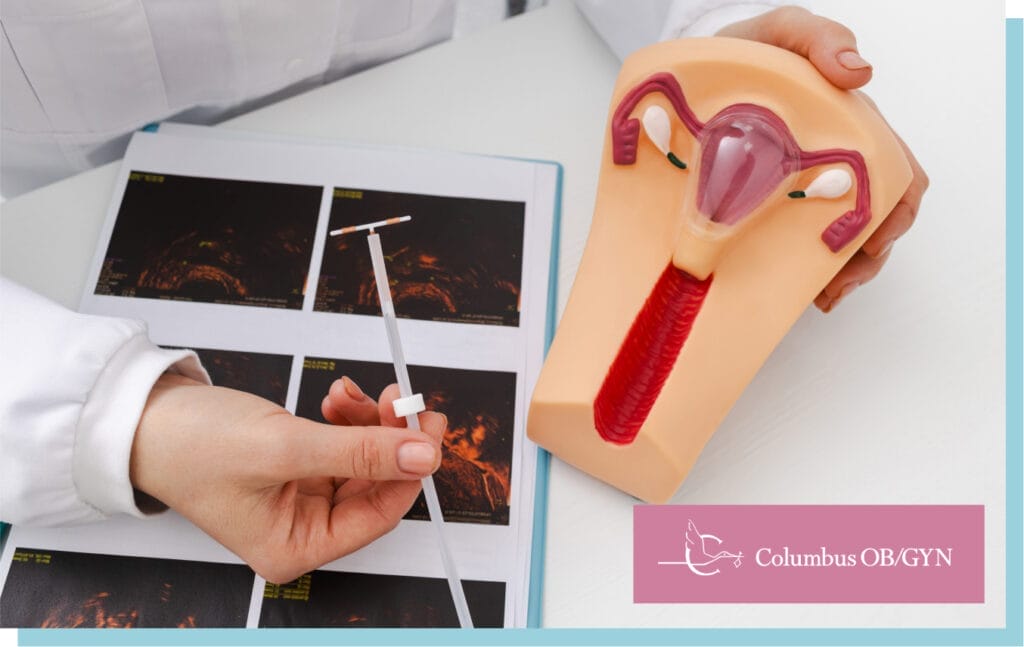
Choosing the right birth control method is one of the most personal healthcare decisions you’ll make. Whether you’re considering birth control for the first time, thinking about switching methods, or just want to stay informed about your options, we’re here to help you navigate the landscape of contraceptive choices available in 2025.
As trusted healthcare partners, we understand that the “perfect” birth control doesn’t exist—but the perfect option for you certainly does. In this guide, we’ll walk through the latest innovations in contraception, revisit the tried-and-true methods that have stood the test of time, and offer guidance on finding the approach that aligns with your unique needs and lifestyle.
Before diving into specific methods, let’s talk about what matters most when choosing birth control. Everyone’s priorities are different, which is why we take time to understand your specific needs during consultations.
When evaluating your options, consider:
Your answers to these questions will help narrow down the wide array of choices to those that make the most sense for your body and lifestyle.

The contraceptive landscape continues to evolve, with several exciting developments in 2025 that expand your options.
One of the biggest areas of innovation has been in non-hormonal contraception. For women who experience unwanted side effects from hormonal methods or who prefer to avoid hormones altogether, several new options have emerged.
Researchers are developing biodegradable copper IUDs designed to dissolve gradually, eliminating the need for removal. While not yet widely available, these represent an exciting direction in non-hormonal contraception.
Another breakthrough has been the development of vaginal gels that temporarily alter the pH of the vagina to create an environment inhospitable to sperm. These on-demand methods can be applied shortly before intercourse and provide protection without systemic effects on the body.
For those who do well with hormonal methods, newer formulations offer more targeted approaches with lower doses and fewer side effects. The latest generation of hormonal IUDs provides ultra-low hormone levels while maintaining excellent effectiveness.
Personal hormone monitoring systems now work alongside some contraceptive methods, allowing you to track your body’s response and work with your provider to find the optimal approach.
While fertility awareness methods have been around for generations, technology has transformed their accuracy and ease of use. The newest fertility tracking devices combine multiple biomarkers like basal body temperature, hormone levels in saliva or urine, and cervical fluid changes to provide much more accurate predictions of fertile windows.
Some of these systems now boast effectiveness rates approaching those of hormonal methods when used perfectly, though they still require consistent engagement from the user.

While innovations are exciting, many women continue to rely on well-established methods that have demonstrated safety and effectiveness over decades.
LARCs remain among the most effective forms of birth control available, with failure rates of less than 1%.

With so many options available, how do you determine which birth control method might work best for you? This is where personalized healthcare really matters.
Your contraceptive needs often change throughout your reproductive years. A college student living in a dorm might have different priorities than a 35-year-old mother of two or a perimenopausal woman in her late 40s.
In your teens and early 20s, you might prioritize effectiveness and convenience, making LARCs excellent options. If you’re spacing children in your 30s, you might want something that allows a quick return to fertility. Approaching menopause, you might seek options that help with perimenopausal symptoms while providing contraception.
Your medical history plays an important role in determining which birth control methods will work best for your body. If you experience migraines with aura, have high blood pressure, or have been diagnosed with certain clotting disorders, we typically steer away from estrogen-containing methods and instead focus on progestin-only options that can provide effective protection with fewer risks.
Many women who struggle with heavy or painful periods find significant relief with hormonal IUDs or combined hormonal methods, which often reduce bleeding and cramping while providing reliable contraception. Those managing conditions like PCOS, endometriosis, or uterine fibroids may discover additional benefits from specific hormonal methods that can help regulate hormones and minimize symptoms while preventing pregnancy.
Many patients come to us with similar questions about birth control. You might wonder about potential weight changes, which can occur with some methods but typically vary widely between individuals and are often minimal.
Concerns about future fertility are also common, and we want to reassure you that all reversible methods allow return to fertility, though the timeline differs depending on your choice. Methods like pills, patches, and rings typically allow almost immediate return to fertility, while others like injections may require several months before fertility fully returns.
Side effects are another important consideration, though it’s worth noting that every person’s experience differs significantly. During your consultation, we can discuss which potential side effects would most impact your quality of life and focus on methods least likely to cause those particular issues, creating a truly personalized approach to your contraceptive care.
When you come in for a birth control consultation, these tips can help you get the most from your appointment:
The birth control landscape in 2025 offers more options than ever before, which means better chances of finding your perfect match. Whether you’re drawn to the latest innovations or prefer methods with decades of research behind them, the key is finding what works for your body, your lifestyle, and your plans for the future.
At Columbus OB/GYN, we’re committed to providing personalized contraceptive care in a judgment-free environment. We understand that your needs may change over time, and we’re here to support you through every phase of your reproductive journey.
Have questions about your birth control option, or ready to discuss a new approach? We’re just a phone call away at 614-434-2400, or you can schedule online through our patient portal.